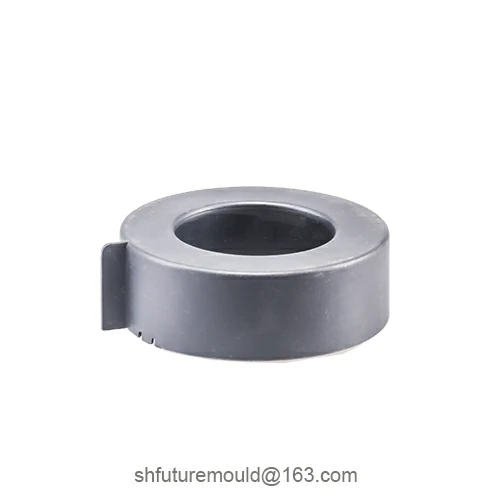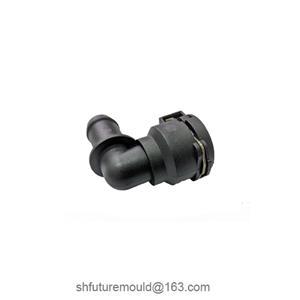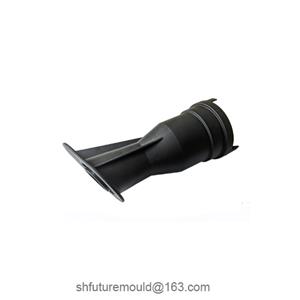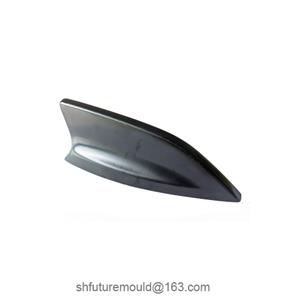What Issues Can Poor Venting in Injection Molds Cause?
Poor venting in injection molds is a common yet critical problem in plastic molding. How can it be resolved?
Impact on Product Quality
1. Burn Marks
Cause: Trapped air in the mold cannot escape during injection, leading to compression and combustion under high temperature/pressure.
Symptoms: Localized black/yellow discoloration, and scorched spots on the product surface, often at fill-end regions or thin-walled areas.
2. Short Shots
Cause: Air pockets block the molten plastic flow, resulting in incomplete filling.
Symptoms: Partial underfilling, incomplete product contours, common in complex geometries or long/narrow flow paths.
3. Weak Weld Lines
Cause: Molten plastic streams fail to merge properly due to gas interference.
Symptoms: Visible, whitish, fragile weld lines prone to cracking.
4. Bubbles/Vacuum Voids
Cause: Air trapped in the cavity forms internal or surface bubbles.
Symptoms: Particularly noticeable in transparent or thick-walled parts, degrading aesthetics and strength.
5. Flash
Cause: Overmachined venting grooves or poor mold surface contact (to compensate for venting issues) causes resin overflow.
Symptoms: Burrs or resin seams at product edges.
Impact on Mold and Production
1. Mold Erosion/Cavity Damage
Cause: Prolonged exposure to high-temperature/pressure gas accumulation "burns" the mold surface.
Result: Blackened, corroded, or pitted cavity surfaces, reducing mold lifespan.
2. Ejection Difficulty/Sticking
Cause: Gas pressure affects cooling or causes part deformation, leading to adhesion to the cavity.
Result: Damaged parts, excessive force on ejector pins, or even pin breakage.
3. Extended Cycle Time
Cause: Slowed injection speed, prolonged packing time, or added venting steps to address venting issues.
Common Solutions
Machine venting grooves on mold parting lines (depth: 0.02–0.05 mm, width: 1–3 mm).
Utilize insert gaps for venting.
Add venting channels in sliders, ejector pin holes, or insert interfaces.
Adjust injection parameters:
Reduce injection speed.
Increase mold temperature.
Raise back pressure.
- Injection Mold
- Automotive Injection Mold
- Electronics & Electrical Injection Mold
- Consumer Goods Injection Mold
- Airplane Components Injection Mold
- Medical Components Injection Mold
- Irrigation Components Injection Mold
- Injection Molds




